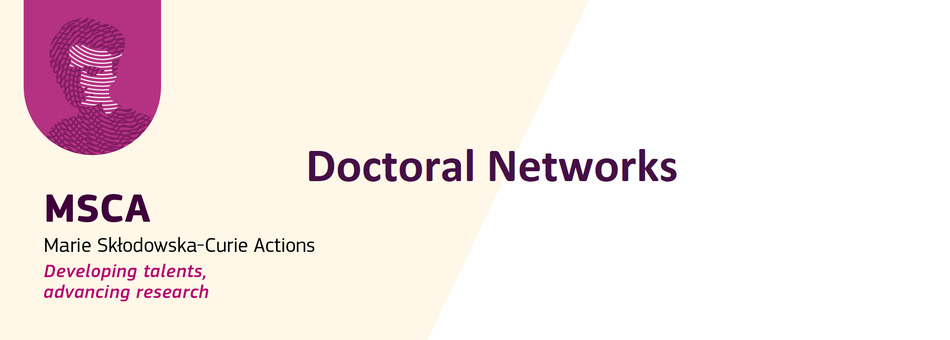Expected Outcome:
This topic aims at supporting activities that are enabling or contributing to one or several expected impacts of destination 3 “Tackling diseases and reducing disease burden”. To that end, proposals under this topic should aim for delivering results that are directed, tailored towards and contributing to all of the following expected outcomes:
- Research funders, policymakers and the research community maintain a consolidated research and innovation framework for the European partnership for pandemic preparedness, including the Partnership’s objectives, governance and ways of working/operationalisation;
- Research funders, policymakers and the research community are aligned towards common objectives and have a common understanding of the long-term Strategic Research and Innovation Agenda for the Partnership;
- European research funders are supported by a dynamic and efficient secretariat in their coordination efforts for pandemic preparedness research;
- Healthcare providers, European and international stakeholders engage with the appropriate partners through the research and innovation framework for the partnership.
Scope:
The COVID-19 pandemic illustrated how unilateral research initiatives may lead to a fragmented research landscape, with substantial room for efficiency gains in the development of the highly needed evidence to guide policy actions when facing an emergency. The European partnership for pandemic preparedness is working to improve the EU’s preparedness to predict and respond to emerging infectious health threats by better coordinating funding for research and innovation at EU, national (and regional) level towards common objectives and an agreed Strategic Research and Innovation Agenda. Such a partnership contributes to building a coherent European Research Area (ERA), enabling Member States, Associated Countries and the European Commission to rapidly and jointly support research and innovation in pandemic preparedness.
The Partnership is expected to continue to build on existing pandemic preparedness networks and research infrastructures[1], and work in synergy with the Health Emergency Preparedness and Response Authority (HERA).
Proposals should foresee administrative and technical support through a secretariat to maintain and support the European partnership on pandemic preparedness.
Proposals should include all of the following activities:
- Provide an efficient secretariat for the European partnership for pandemic preparedness
- Provide administrative and organisational support to the Members in the European partnership for pandemic preparedness;
- Provide strong scientific support on topics requested by the GloPID-R Chairs, scientific advisors or (working) groups;
- Actively engage with relevant stakeholders and initiatives in the area of pandemic preparedness, ensuring collaboration and coordination, and avoiding duplication; e.g. the Global Health EDCTP3 Joint Undertaking, GloPID-R, WHO R&D blueprint, ACT-Accelerator, etc.;
- Implement strong communication and dissemination activities at EU level and in Member States and Associated Countries, on the purpose, activities and outputs of the European partnership for pandemic preparedness, both outside and during epidemic/pandemic episodes;
- Establish coordination and collaboration with relevant initiatives related to pandemic preparedness such as HERA to ensure complementarity and avoid overlaps;
- As relevant, apply a cross-cutting, interdisciplinary One Health approach;
This topic requires the effective contribution of social sciences and humanities (SSH) disciplines and the involvement of SSH experts, institutions as well as the inclusion of relevant SSH expertise, in order to produce meaningful and significant effects enhancing the societal impact of the related research activities.
This topic is cancelled and replaced by topic HORIZON-HLTH-2024-DISEASE-17-01 under Call HORIZON-HLTH-2024-DISEASE-17.
[1] European Research Infrastructures | European Commission (europa.eu), BY-COVID (https://by-covid.org/), ISIDORe (https://isidore-project.eu/) and PHIRI (https://www.phiri.eu/)





